Churchill County School District board members held a lengthy discussion last night over whether or not to bring students back full-time for the rest of the school year. In a 6-1 vote, with Trustee Gregg Malkovich opposed, the board ultimately voted to make modifications to the existing plan but keep the AM/PM hybrid model.
Trustee Carmen Schank made the motion to keep the existing plan, citing issues with cleaning, social distancing, transportation, and testing.
Malkovich said it is time for students to be back in school. “We need a 21-day plan to get kids back in school. A full day with a licensed teacher is much better than a half-day.”
Recommended by Superintendent Summer Stephens, the adjustments to existing re-opening plan include an increase in capacity on busses and in school buildings to meet Governor Sisolak’s comments issued February 15 in Directive 038. Bus capacity can increase from 50% to 66%, keeping three-foot distancing, and building capacity can increase to a 75% capacity with the three-foot distancing of students and six-foot distancing of adults.
“People are content,” said board president Matt Hyde. He also expressed concern over how other districts will meet the Governor’s Directives. Lyon County school district returns to full-time, in-person instruction this coming Monday, March 1. Some rural districts in Ely and Eureka have been open full time the entire year.
Director of Special Services, Derild Parsons has been tasked to lead an effort addressing concerns for at-risk learners in a phased approach to additional support through the 4th quarter and into the summer months. Phase one of this plan includes extra help for seniors who need support to graduate, and students with disabilities as well as English Language Learners. Phase two looks at credit recovery for elementary and secondary students throughout the summer.
Stephens argued that her leadership team says, “things are working.” Citing benefits from smaller class sizes allowing for more teacher support for instruction and deeper learning, results of MAP testing showing students are making progress, attendance rates and lack of discipline rates, the limitations still on transportation, and the difficulty teachers face in rebuilding classroom communities, she said, “If you want to do something different, we won’t be able to stand that up for three weeks.”
Schank worries changing the schedule now would be disruptive. “Those in the trenches, teachers and principals, praise the board for making the existing schedule.”
Parsons said 60% of district staff has received the COVID vaccine which will ease some of the staffing problems with exclusions that happen if someone experiences and exposure to a positive case.
Trustee Tricia Strasdin said asking teachers to make changes at this point would be “cruel and unusual, they have made major changes in what they were doing.” She said it is important to not lose sight of support for mental health because suicide rates and substance abuse have gone up across the nation, and extra support for students needs to include these issues. “I also want to say many students and many families are just accepting the current situation and they’re just hanging on.”
There were 28 people attending the meeting remotely, and several made public comment. Principal of the middle school, Amy Word cited an English class with 14 students currently attending in person, but with the social distancing requirements, a full class of students would not fit in the room. She said with a return to a normal school-day schedule it would take three hours to rotate kids through lunch between cleaning and social distancing. “I don’t know that we would actually be getting that much instructional time back.”
Parent of a high school senior and a sixth-grader, Julie Guerrero-Goetsch said, “I agree, we are just sucking it up, and hanging on right now, and what we are hanging on for is the moment we are allowed to return to in-person.” She said the district needs to look at how things can be done rather than all the reasons things can’t be done. “I like some of the things that are done in smaller class sizes, but three hours a day is not enough.”

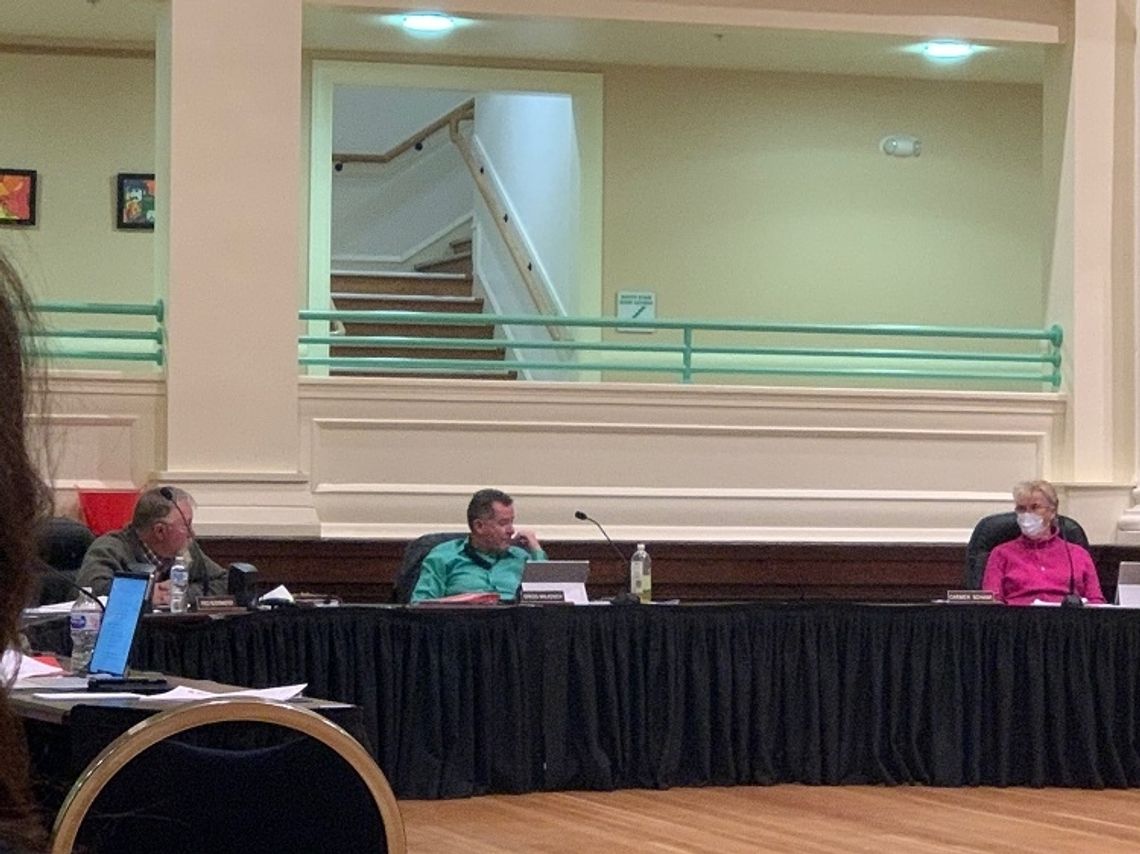
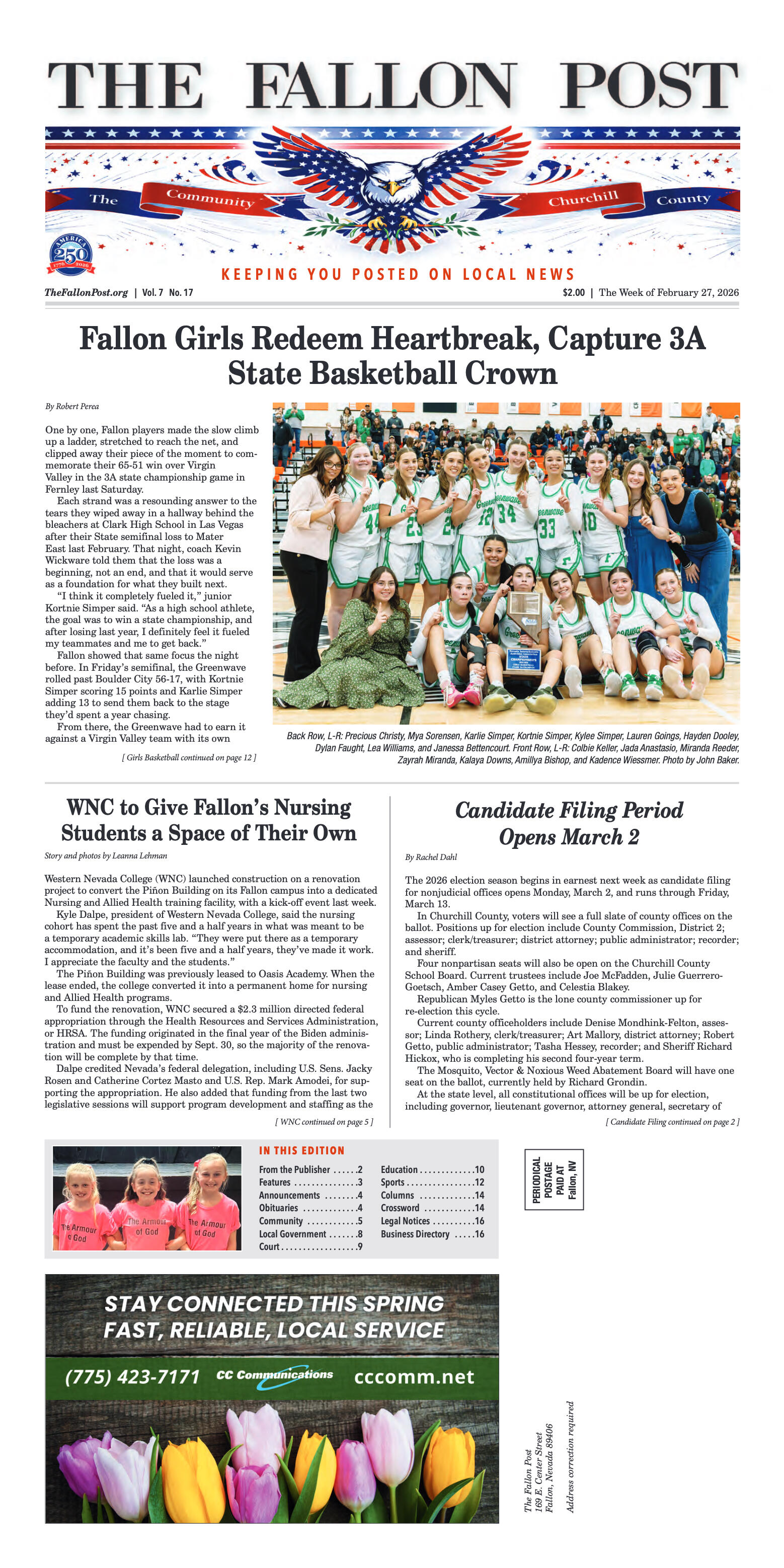
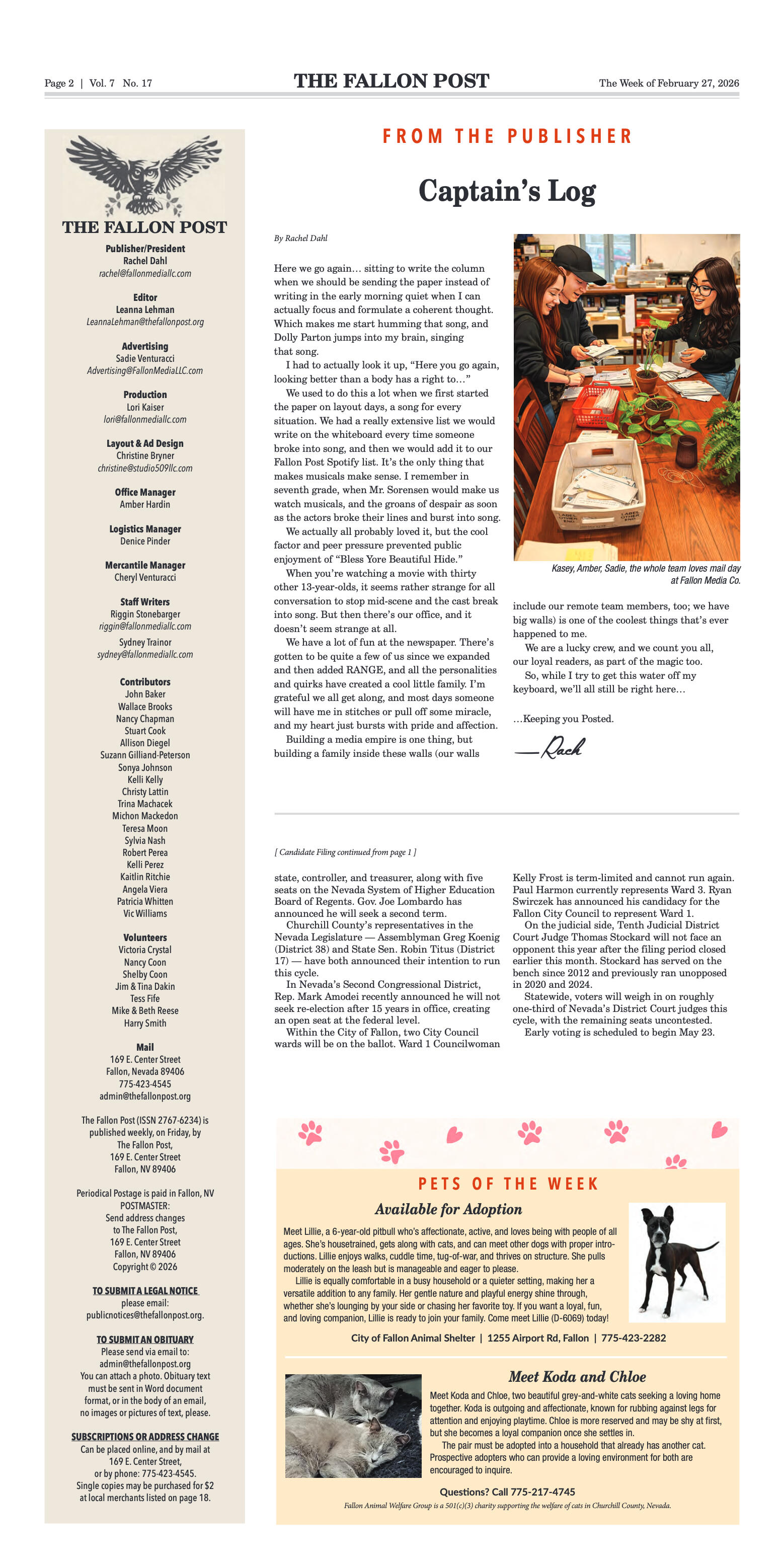
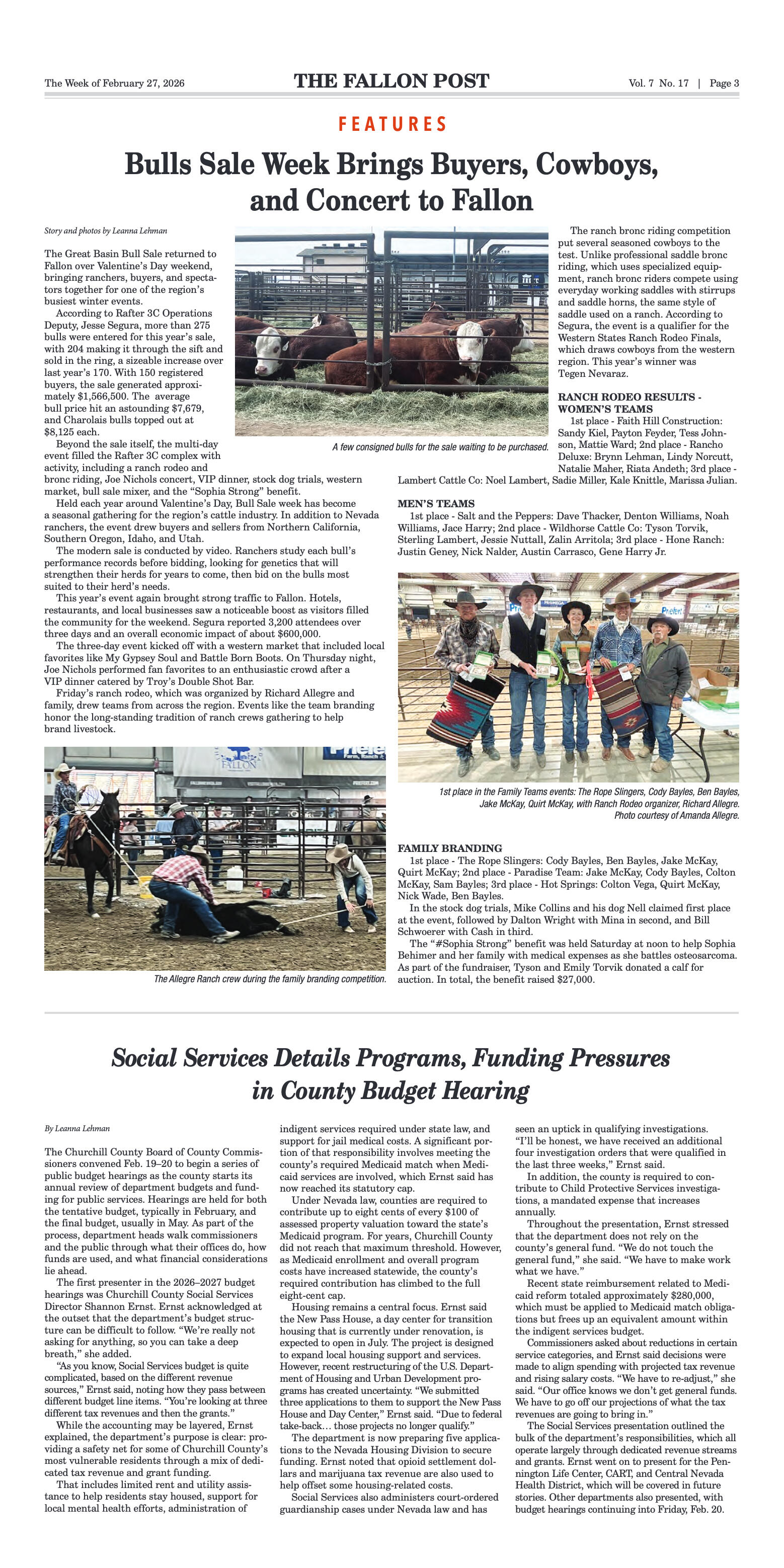
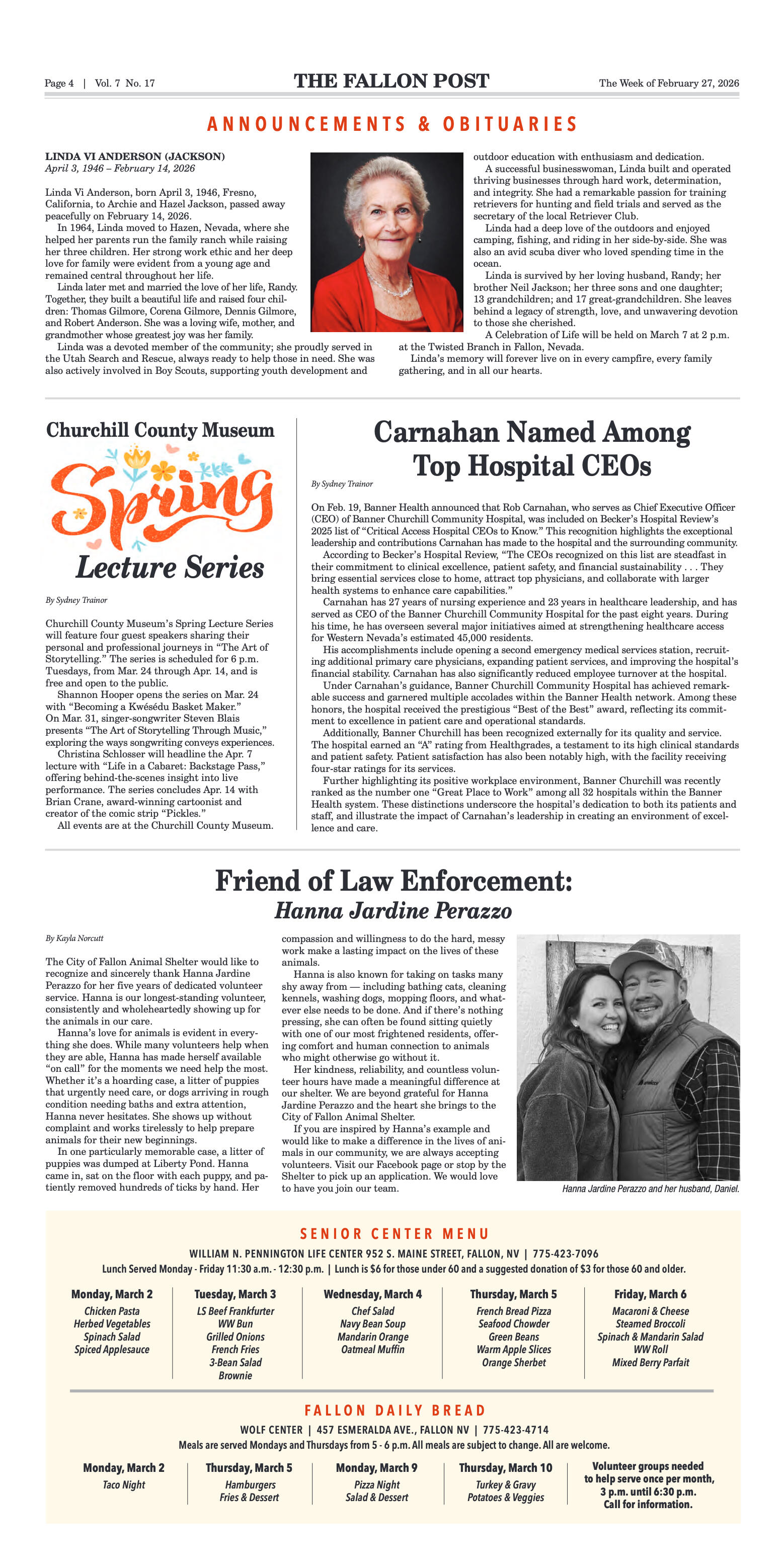
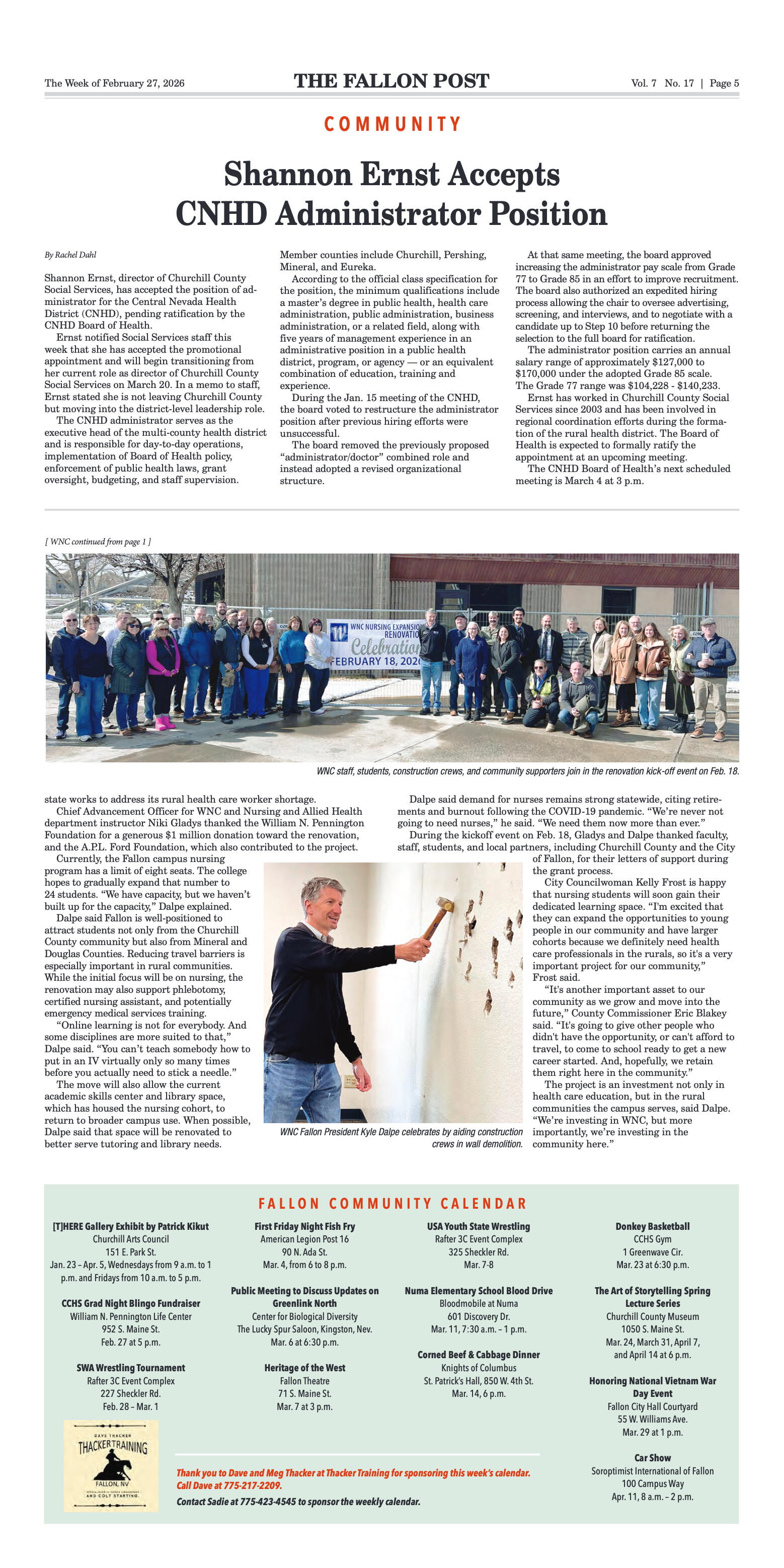
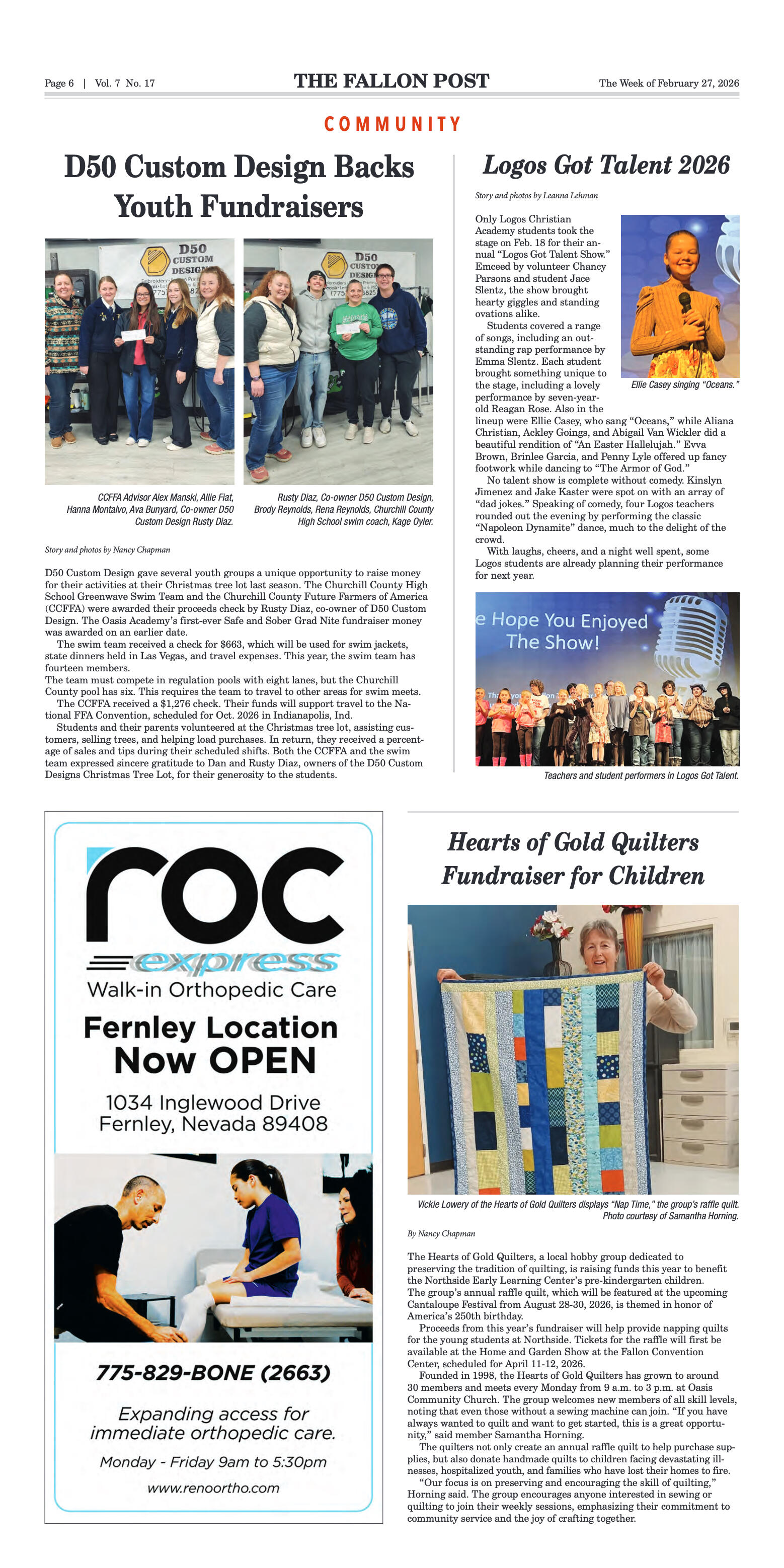
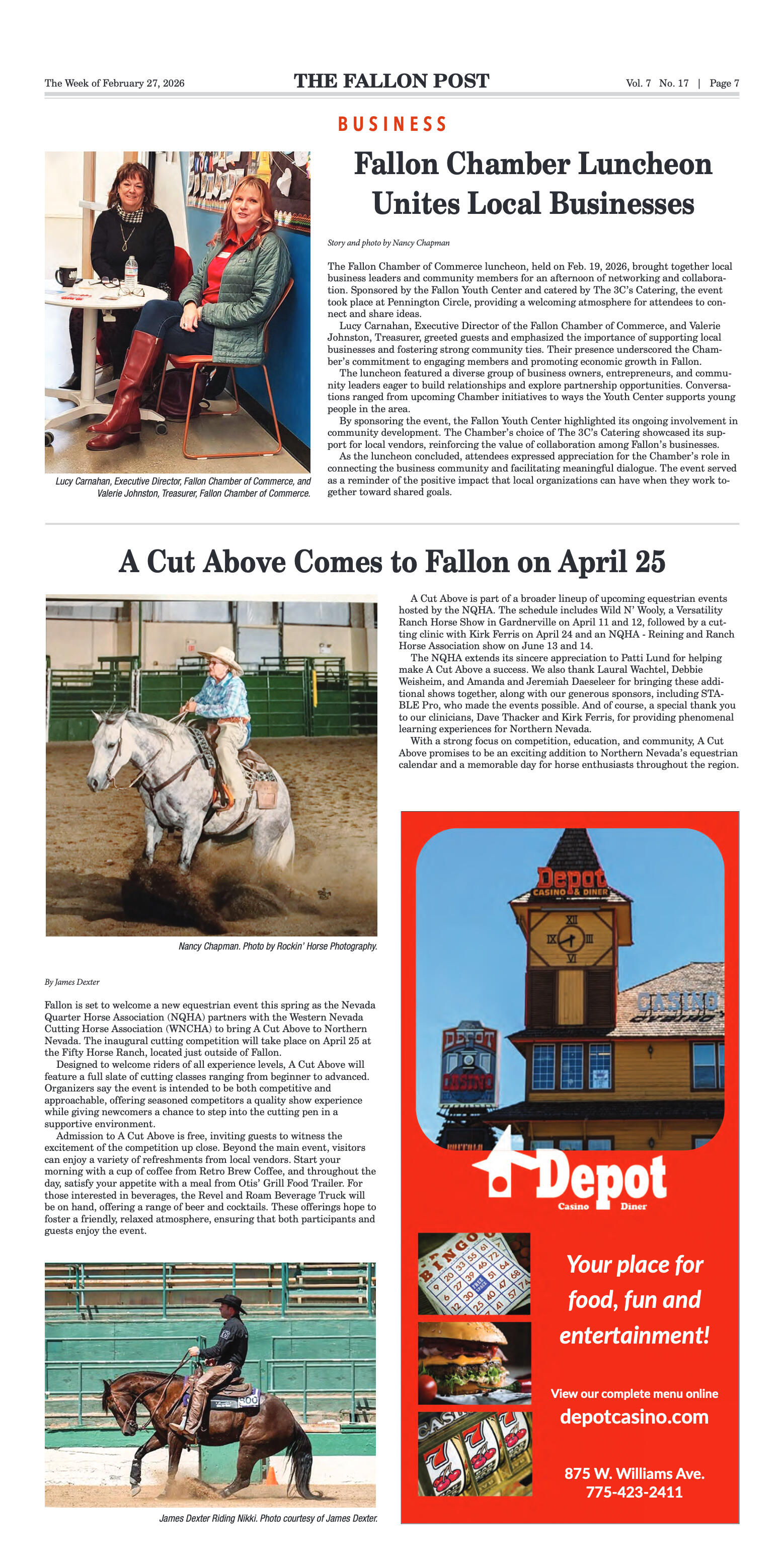
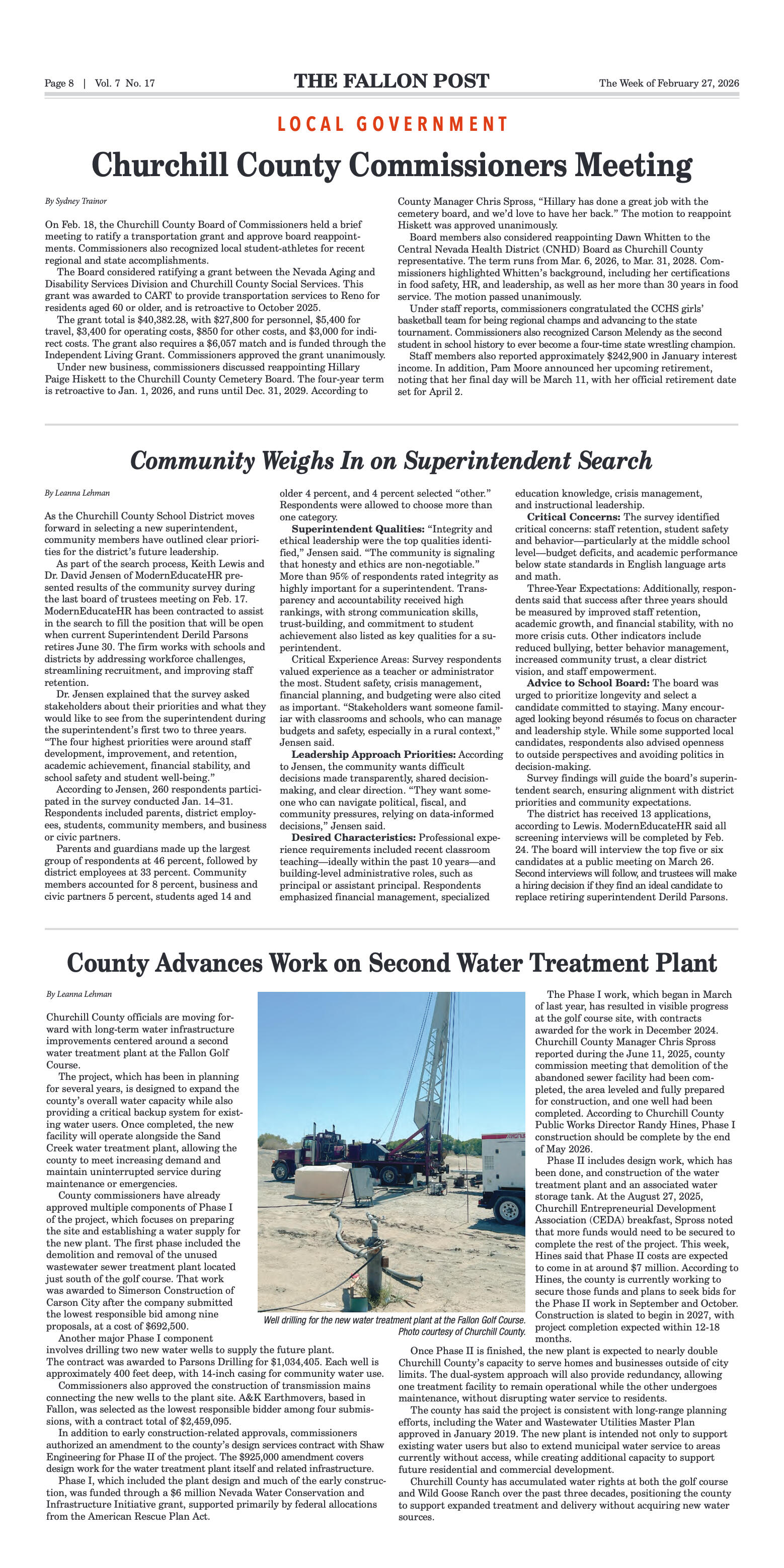
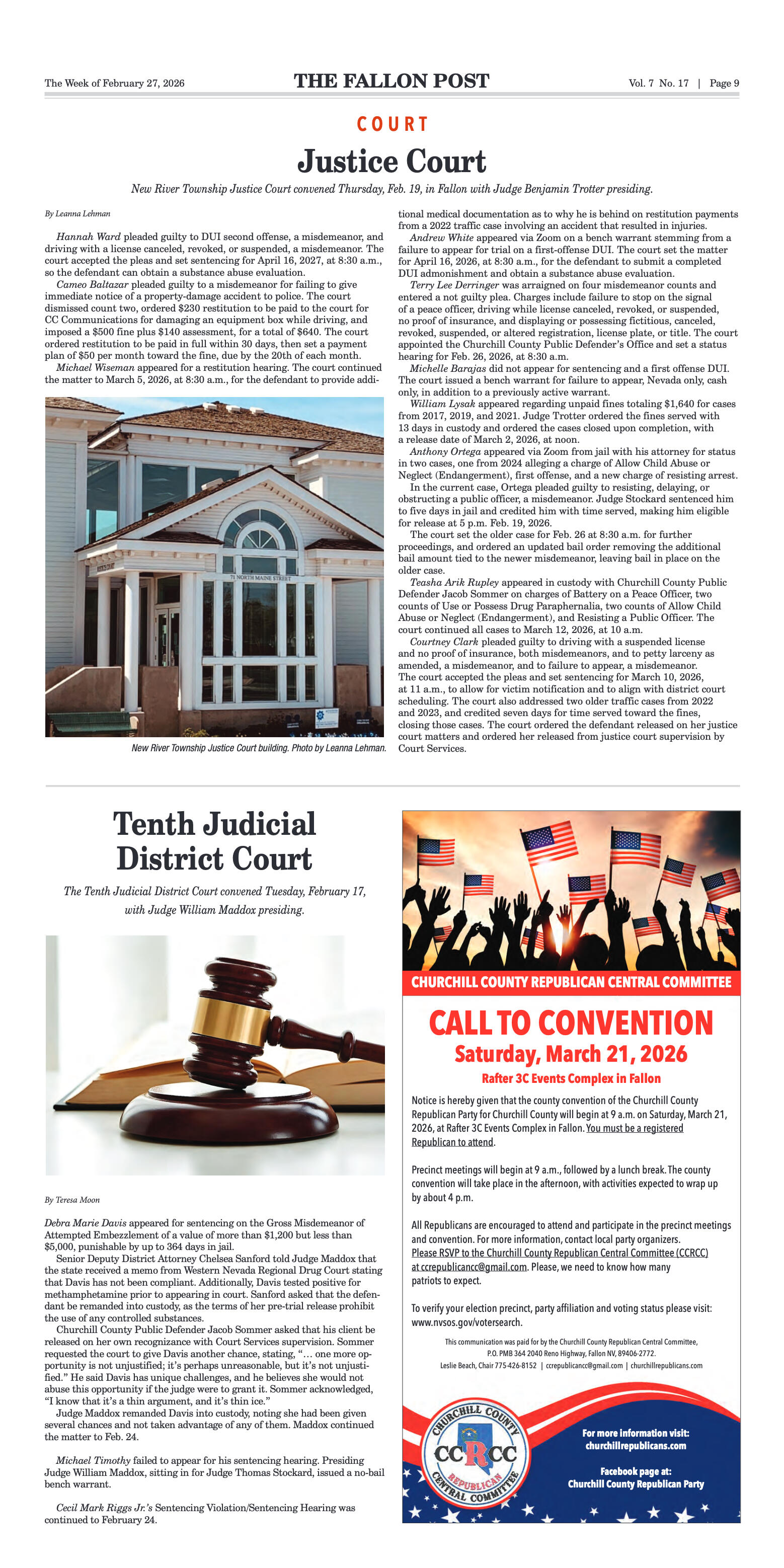
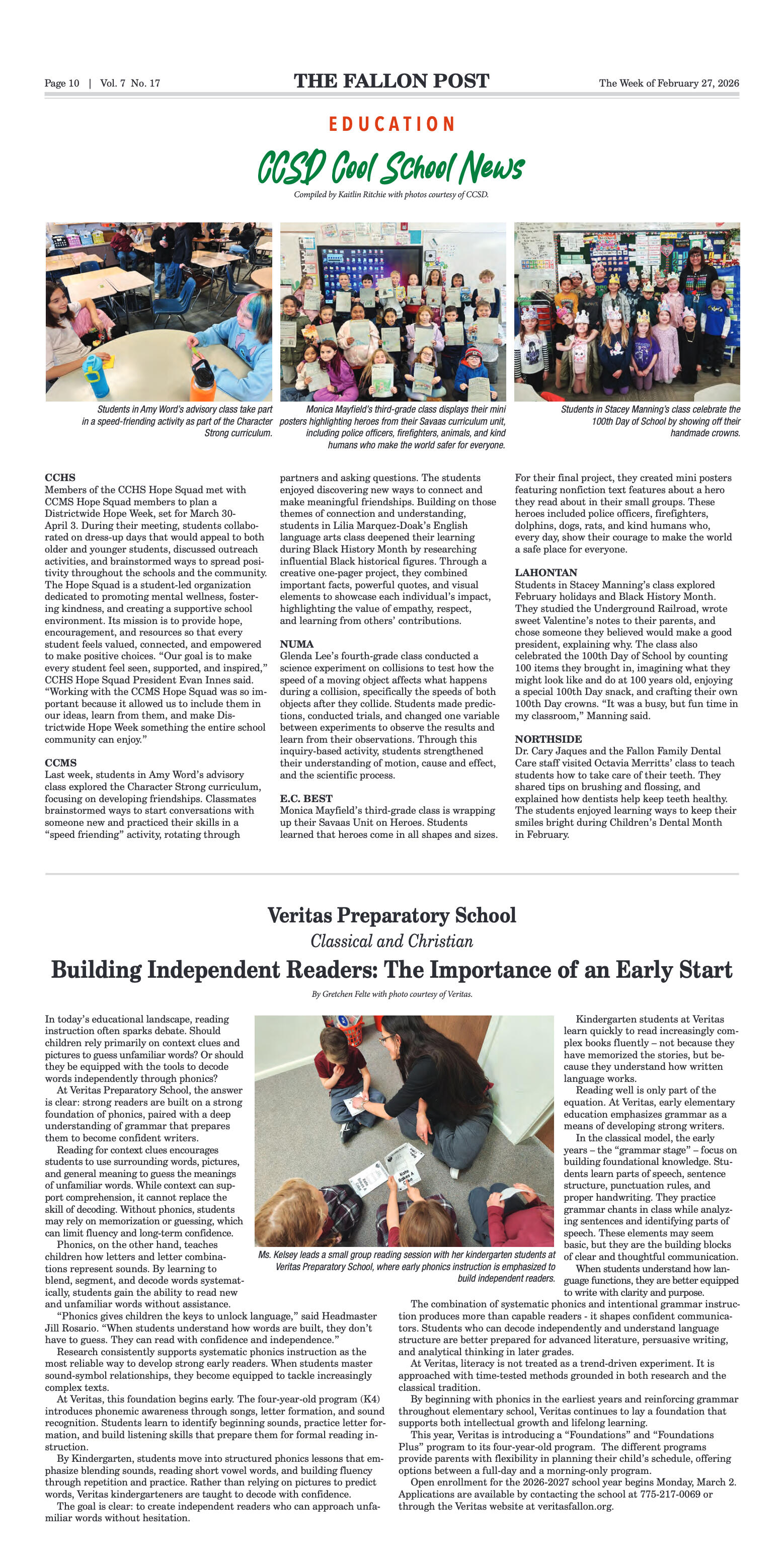
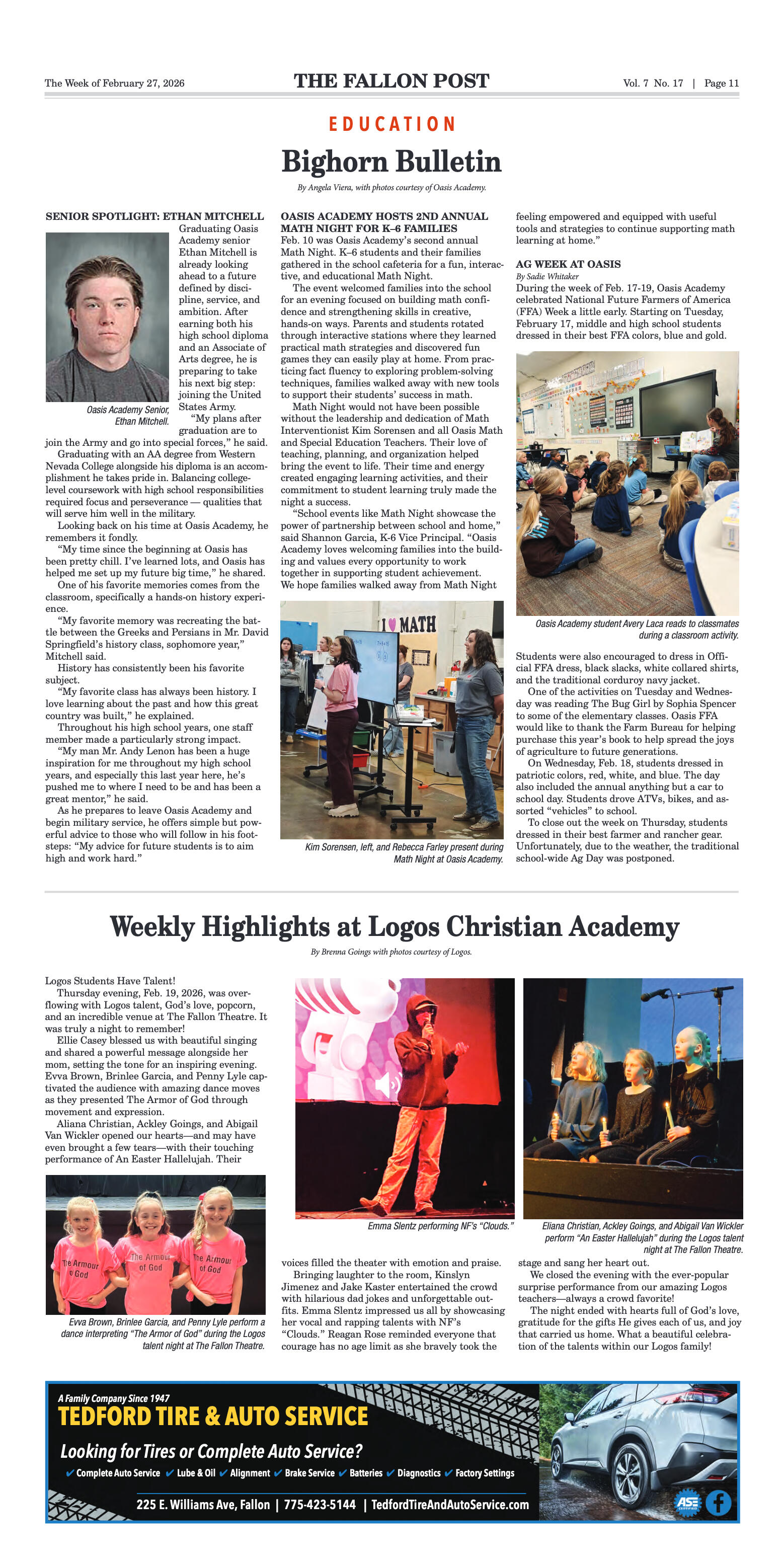
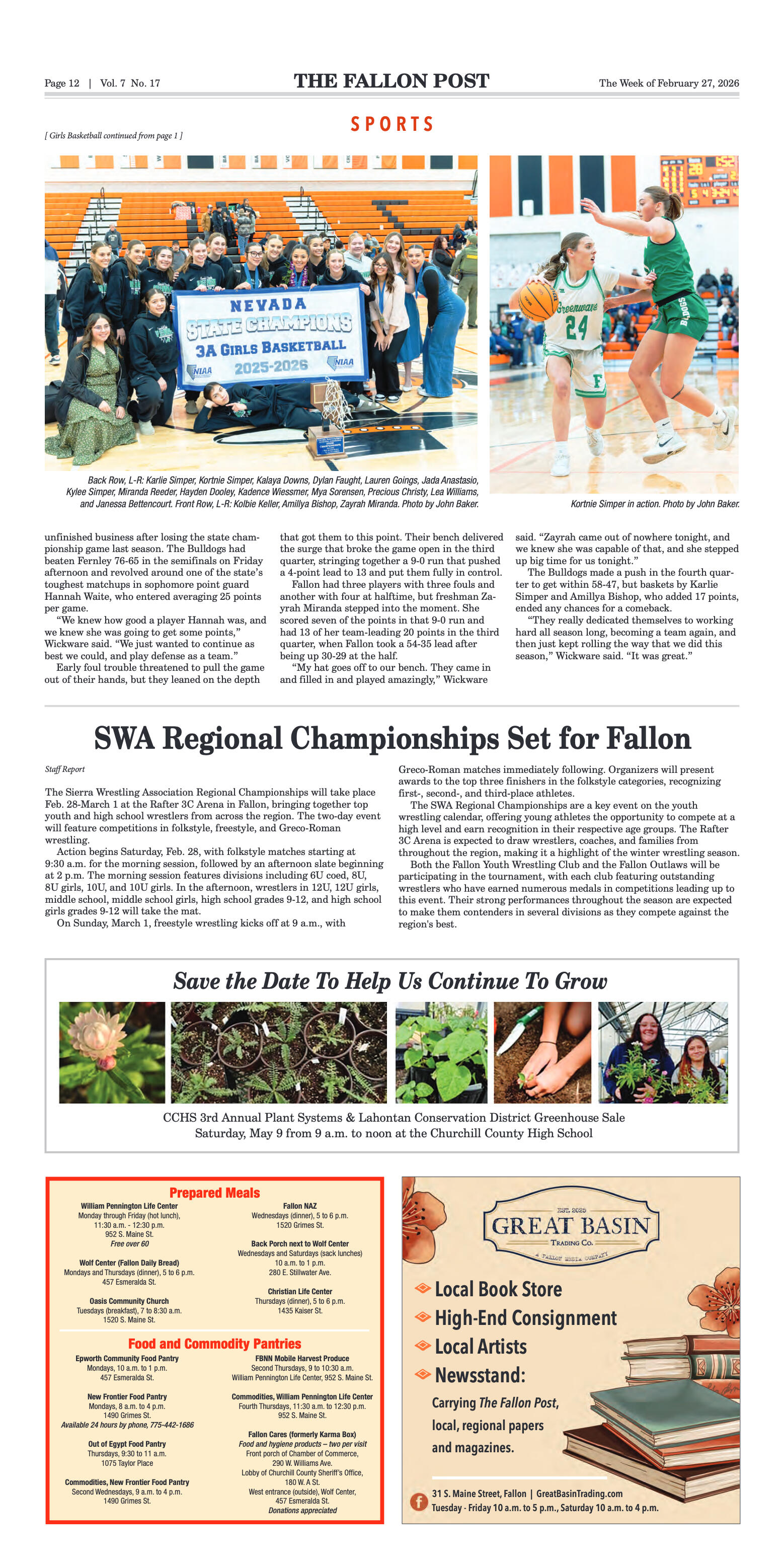
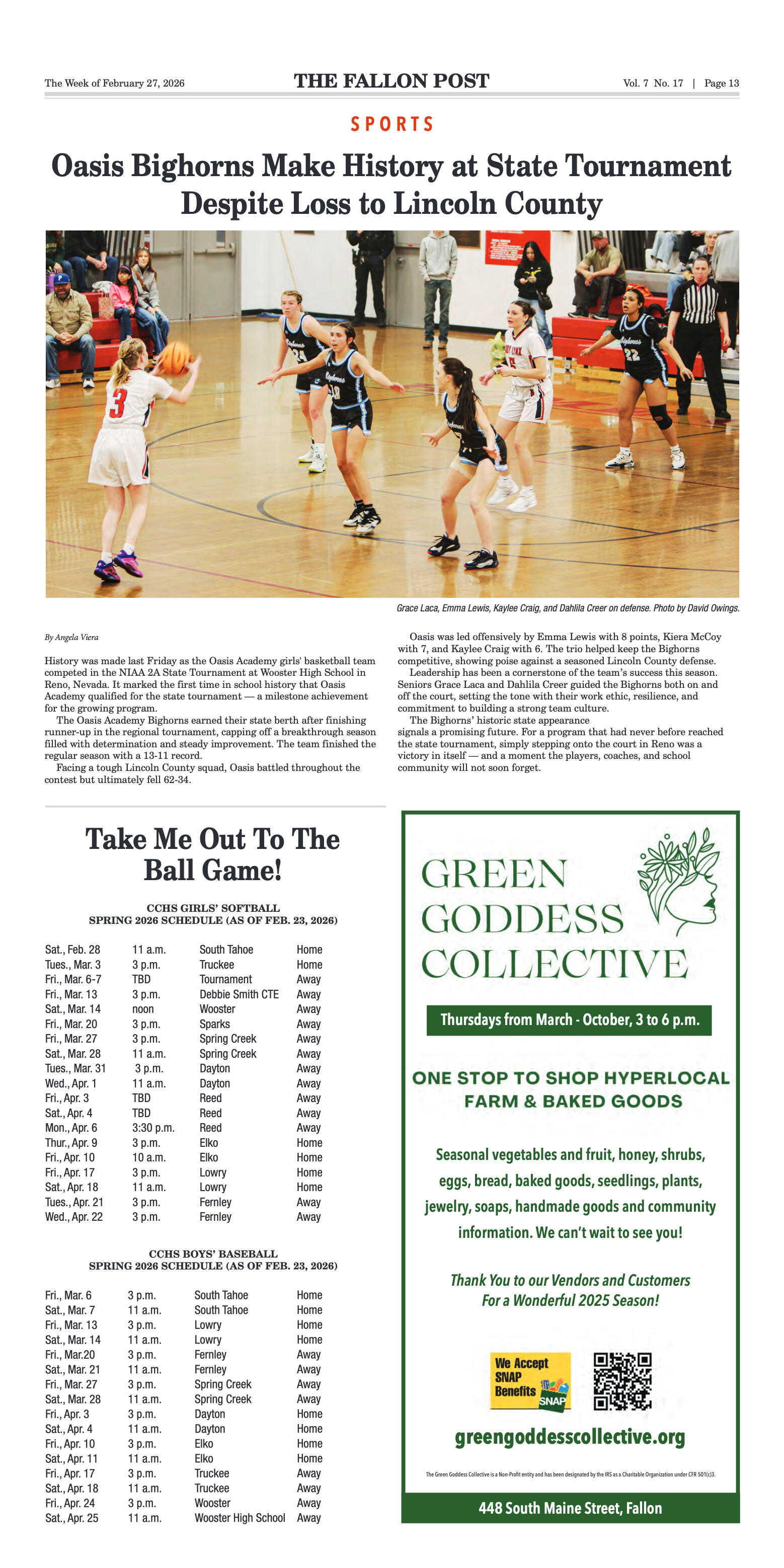
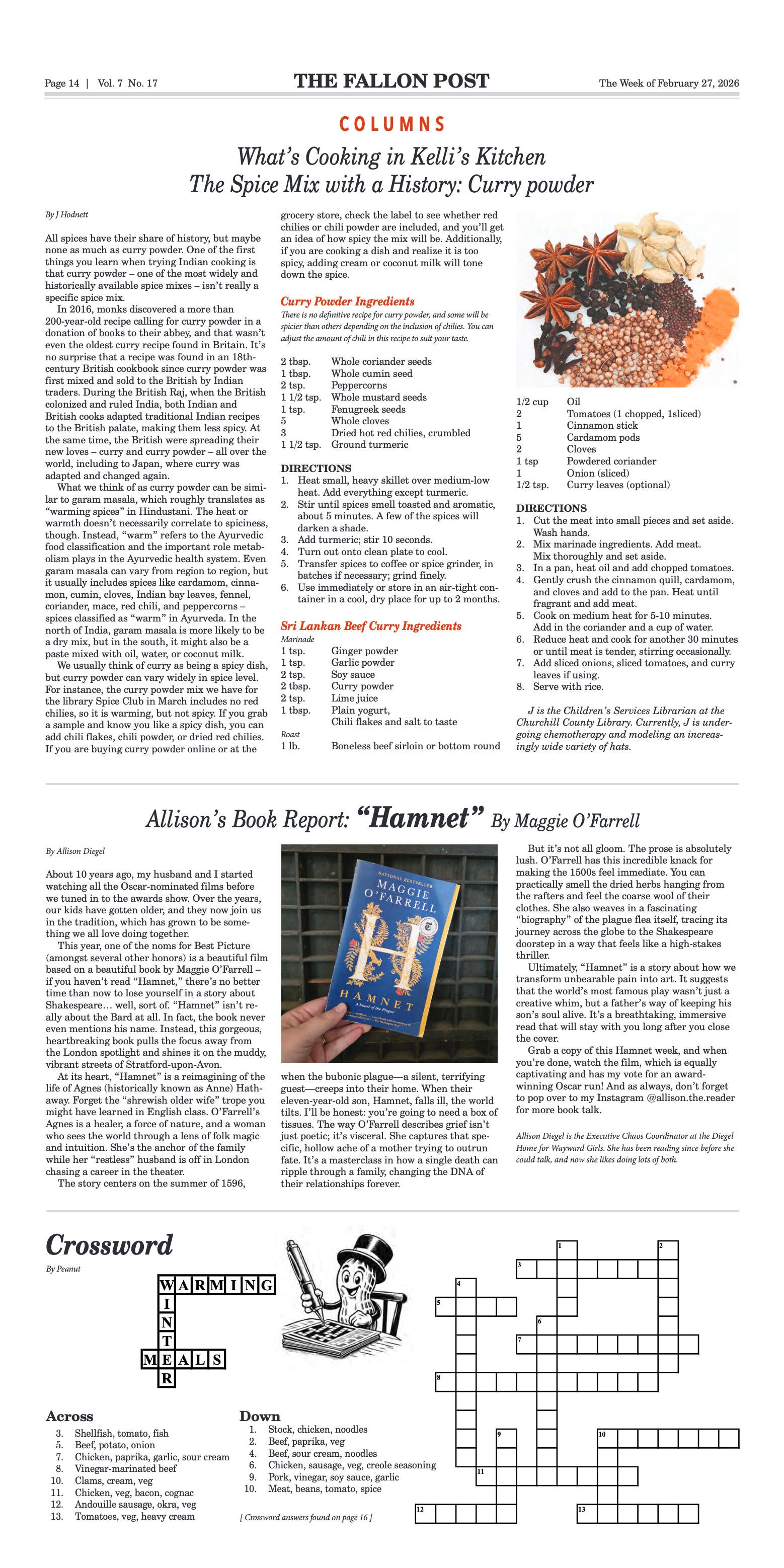
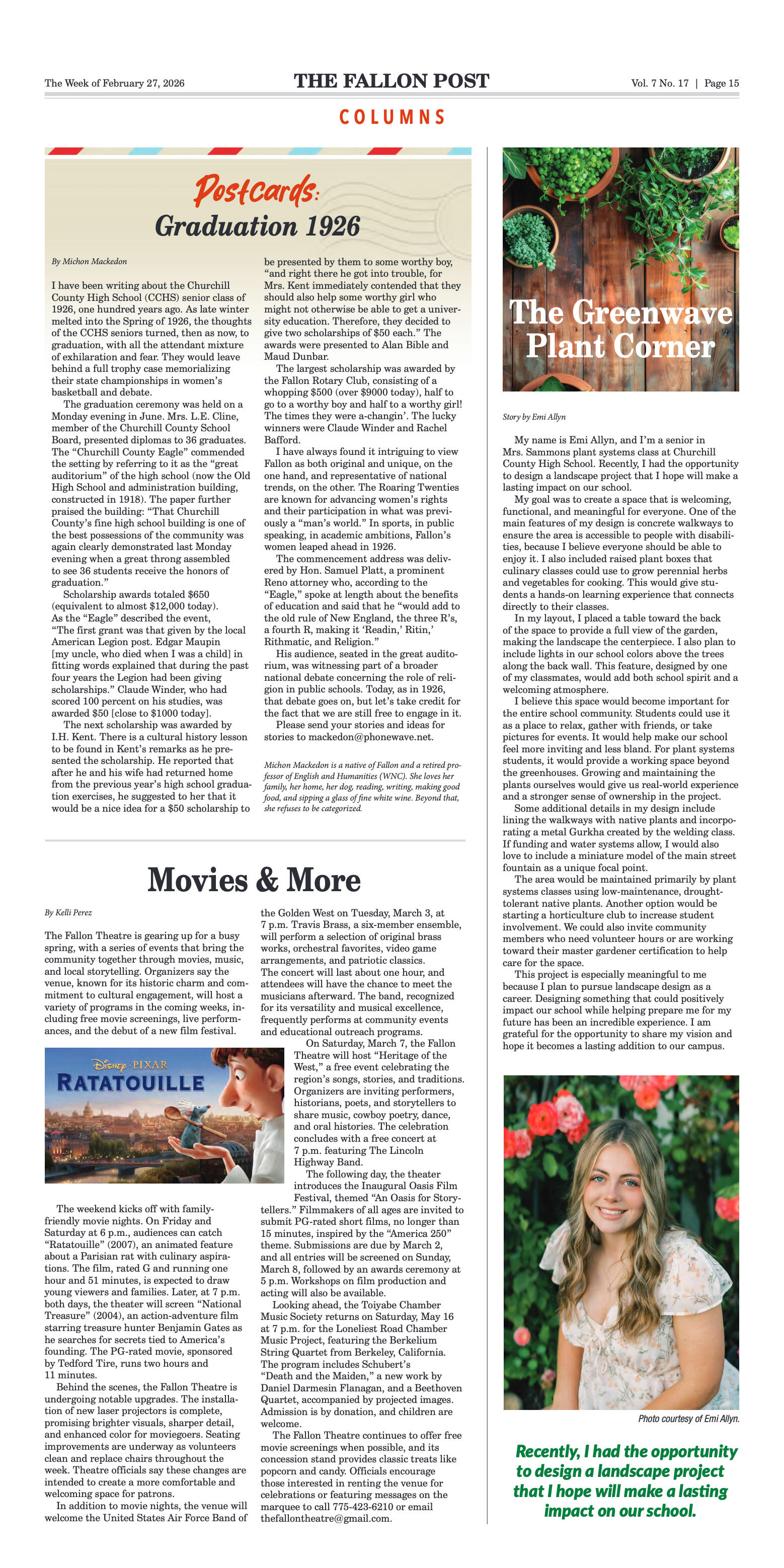
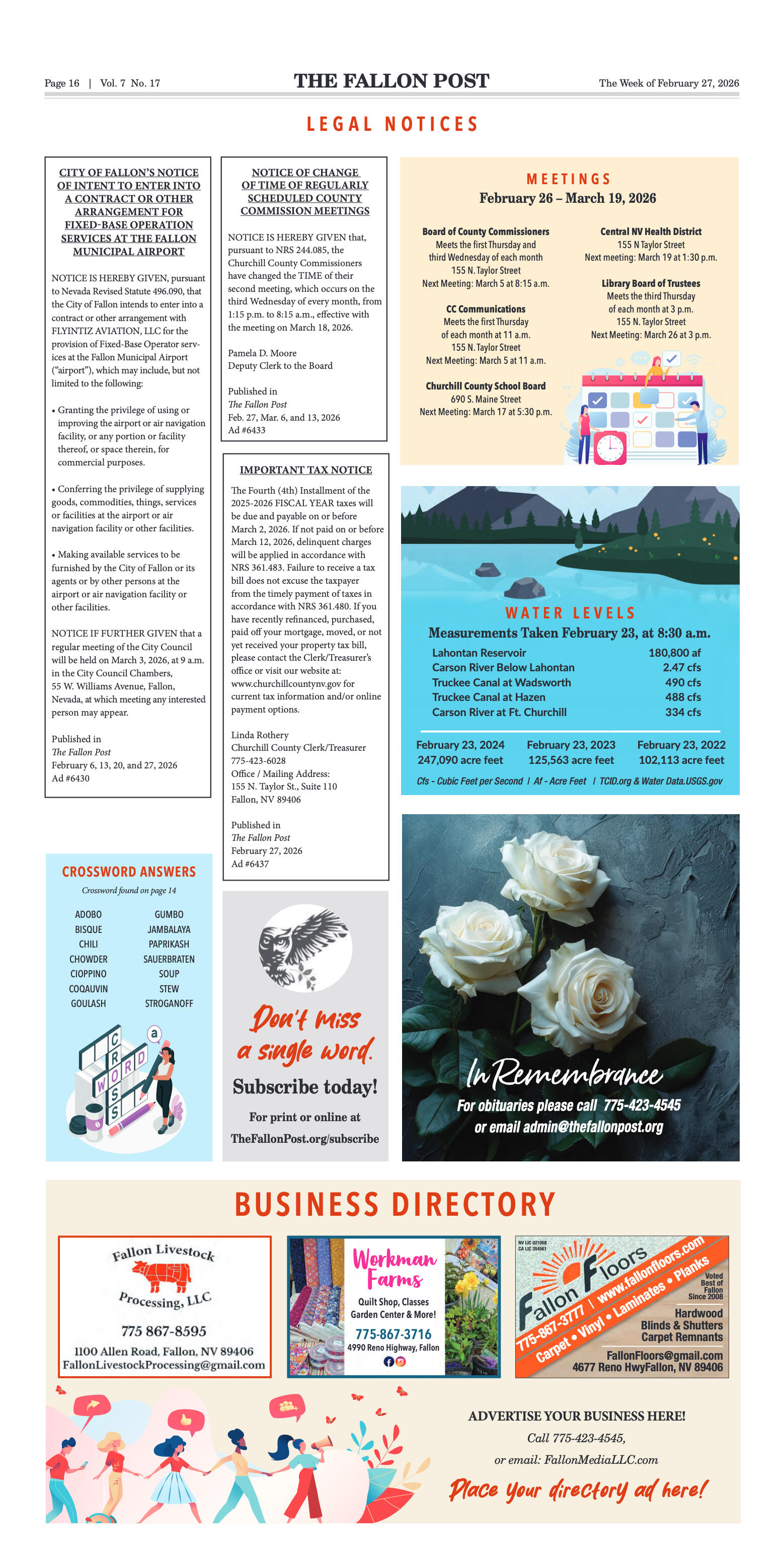




















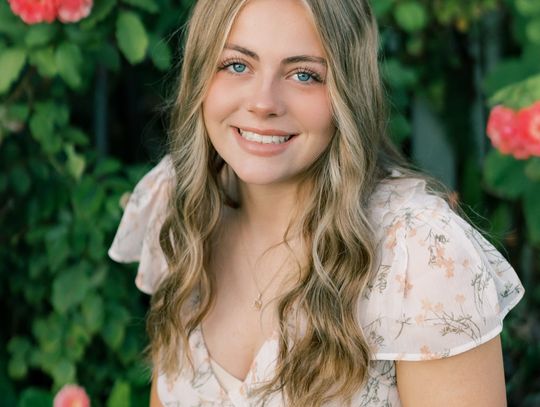


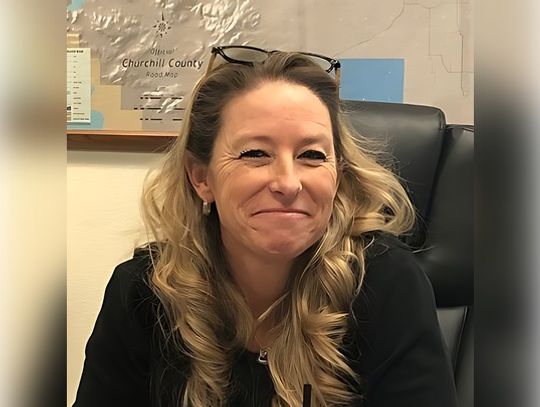


Comment
Comments